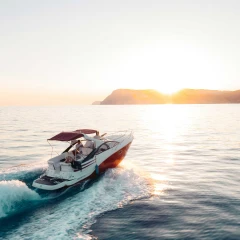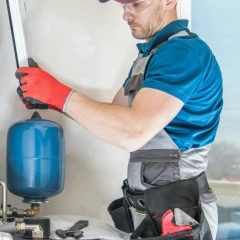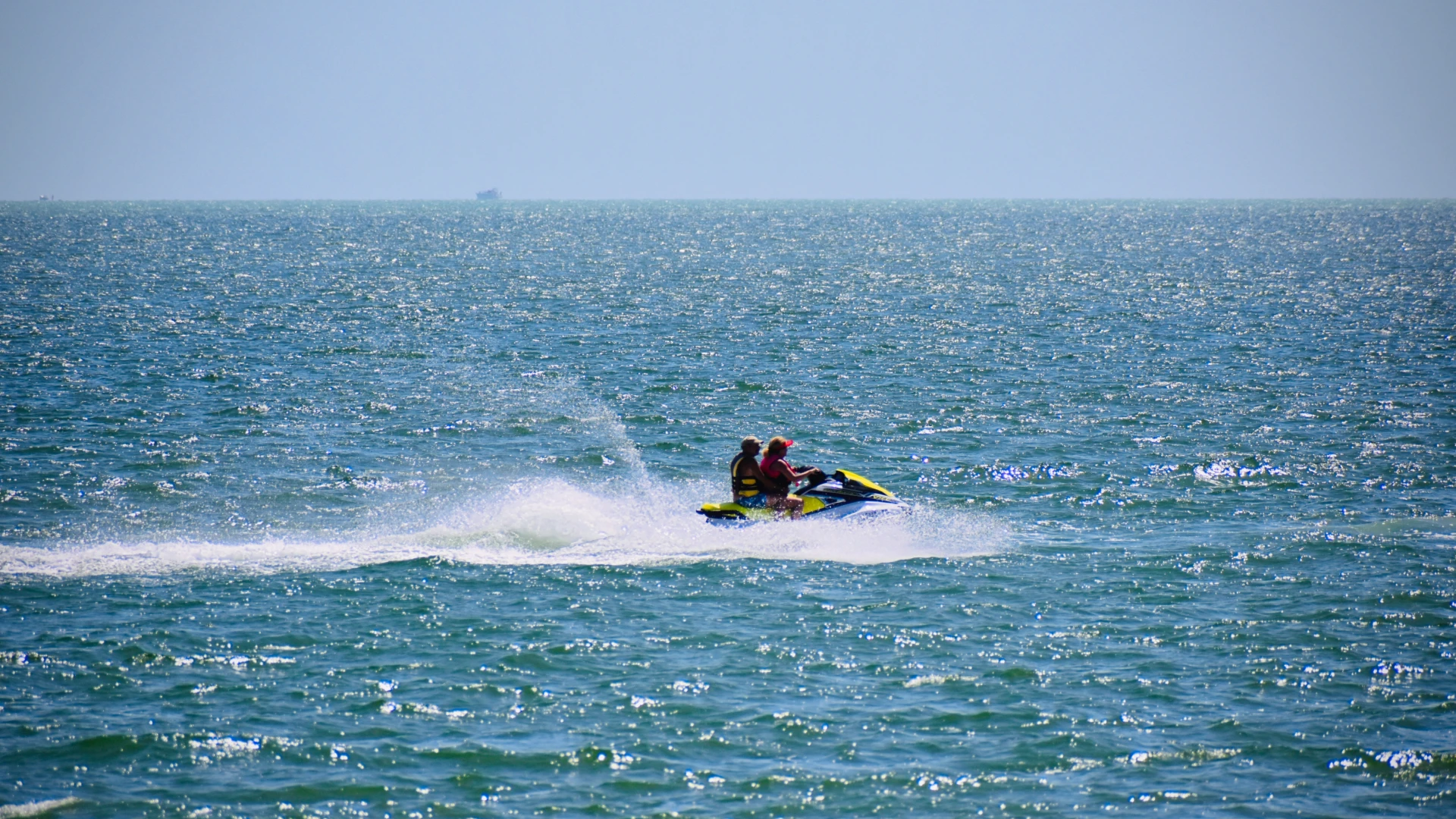













Florida does not legally require personal watercraft (PWC) insurance to operate your Jet Ski, Sea-Doo, or WaveRunner. However, due to Florida’s year-round boating season and high accident rates, many marinas, lenders, and rental facilities require proof of coverage. Even if it’s not mandated by law, insurance is highly recommended to protect yourself from liability, medical costs, theft, and storm-related damage.
There are no state-mandated minimum insurance requirements for personal watercraft in Florida. That said, marinas often require liability coverage, and lenders usually mandate full coverage for financed PWCs. You may also need insurance to participate in organized watercraft events or to qualify for certain docking or storage arrangements.
Because Florida has high boating activity and weather-related risk, PWC insurance premiums tend to be higher than the national average. Here’s what you can expect depending on provider and coverage:
Premiums are higher in coastal regions due to exposure to hurricanes, saltwater corrosion, and theft risk.
You can lower your premium by making a few smart choices:
Remaining claim-free and choosing seasonal lay-up options during off-use months can also help reduce long-term costs.
If you’re leasing or financing a PWC, your lender will almost certainly require extended coverage, including:
Keep in mind that different lenders may have their own specific insurance requirements beyond standard coverage. Some may ask for proof of policy before releasing funds, and others might require higher liability limits or additional protections. If your PWC is brand new or tends to depreciate quickly, consider asking about GAP coverage—this optional add-on can help pay off the remaining balance on your loan if your watercraft is totaled and its actual value falls short.
Getting covered is simple and fast. You can buy a PWC insurance policy:
Be ready with your watercraft’s make, model, year, VIN/HIN, and usage info.
All motorized watercraft in Florida must be titled and registered with the Florida Department of Highway Safety and Motor Vehicles (FLHSMV). Registration is valid for one or two years and must be renewed on time to remain active.
You’ll need proof of ownership, a completed application, payment of registration fees, and a bill of sale. Registration decals must be displayed on both sides of the PWC.
Your location in Florida can significantly affect your premium and coverage needs:
Marina rules and coverage recommendations may also vary depending on whether you're in a tourist-heavy or residential boating zone.
